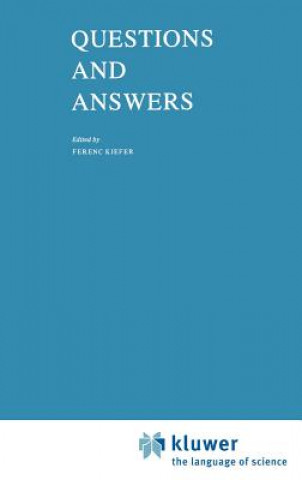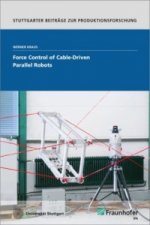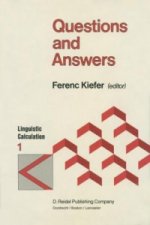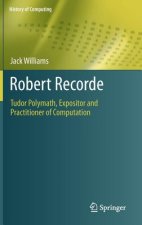
Doručení
Nákupní rádce





Nehodí se? Vůbec nevadí! U nás můžete do 30 dní vrátit
 Dárkový poukaz
V libovolné hodnotě
Dárkový poukaz
V libovolné hodnotě
S dárkovým poukazem nešlápnete vedle. Obdarovaný si za dárkový poukaz může vybrat cokoliv z naší nabídky.
Questions and Answers
 Angličtina
Angličtina
 304 b
304 b
30 dní na vrácení zboží
Mohlo by vás také zajímat


In almost all principled accounts of questions questions are related to the corresponding answers. Zellig Harris (Harris 1978:1), for example, maintains that" ... all interrogative sentences can be derived, by means of the independently established transformations of the language, from sentences which assert that someone is asking about a disjunction of statements which are the relevant possible answers to that interroga tive." This amounts to the claim that a yes-no question such as Will John stay? is derived from I ask you whether John will stay and a wh question such as Who came is derived from something like I ask you whether A came or B came or ... or X came .. Though in generative grammar interrogatives are not derived from the corresponding declaratives, the semantic interpretation of questions is akin to the syntactic source of questions posited by Harris. Jerrold J.Katz and Paul M.Postal (Katz-Postal 1964:113-117) state a reading rule for Q, the interrogative constituent, which boils down to (1) in the case of yes-no questions and to (2) in the case of wh-questions. (1) Tell me which of the following is true: John will stay or John will not stay. (2) Tell me which of the following is true: A came or B came or ... or X came. Thus, the semantic interpretation of questions makes reference to the set of possible answers represented here by a disjunction of statements.
Informace o knize
 Angličtina
Angličtina
Kategorie




 Jak nakupovat
Jak nakupovat
























